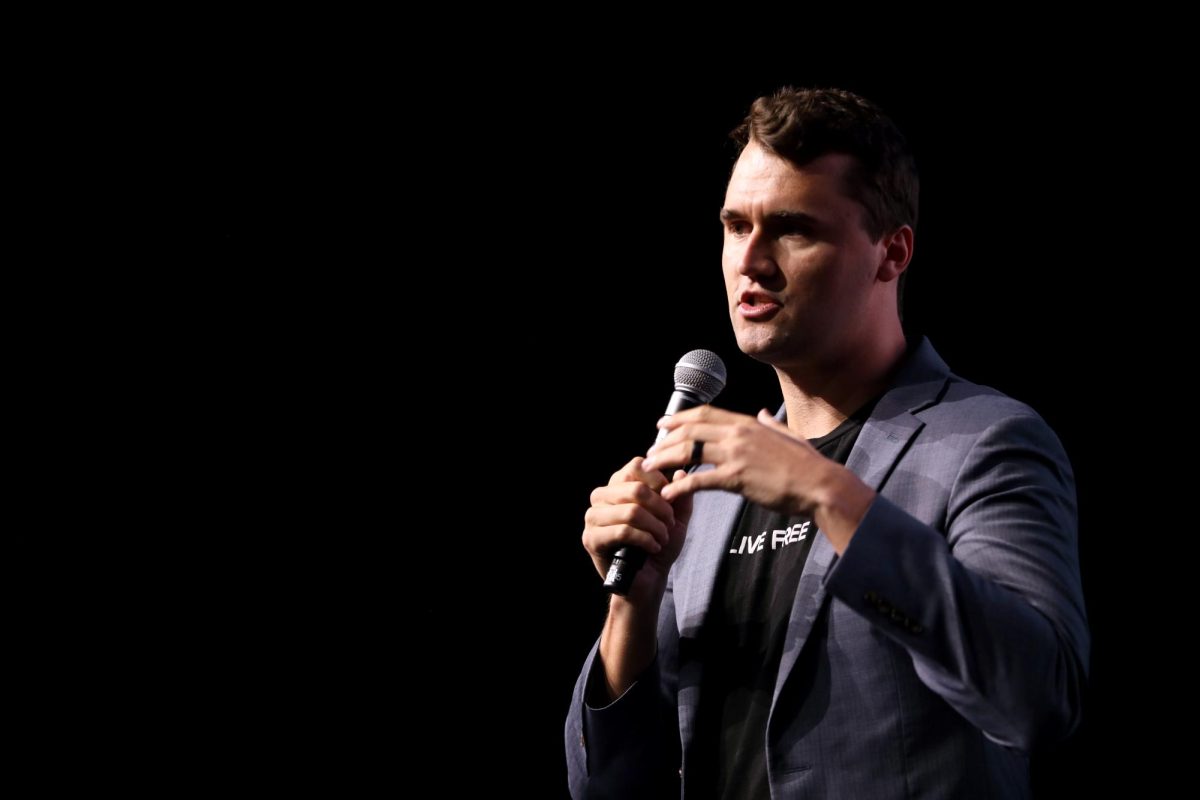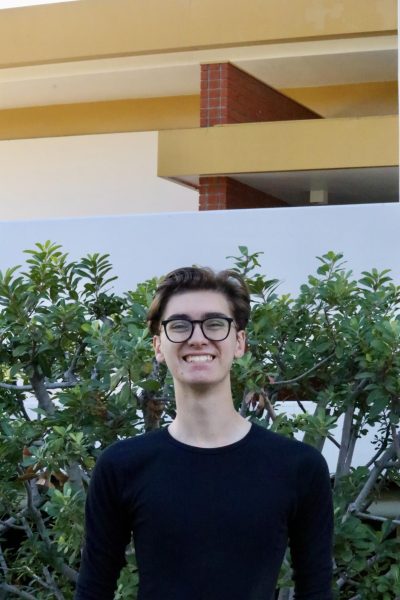Charlie Kirk built a career by debating. Whether he was sparring with students on college campuses under a tent with his trademarked “prove me wrong” slogan or rallying young conservatives into a national movement to elect the president, Kirk thrived on political confrontation and the spotlight it brought. His sudden and tragic death has now thrust him into another, posthumous, debate over his legacy and what his passing means in a nation already reckoning with rising political violence.
KIRK’S RISE AS A CONSERVATIVE LEADER
Kirk was founder and executive director of Turning Point USA, a political organization focused on promoting conservative values among young people especially on high school, college, and university campuses. Kirk founded Turning Point in 2012 and quickly grew the organization through the establishment of student-run chapters at schools across the country. Kirk was best known for his own events on college campuses where he would set up a tent and invite students to debate him on whatever topic they wanted.
Kirk’s influence went far beyond college campuses however. Since the beginning of his career, Kirk had been involved not only in grassroots organizing but also in supporting candidates attempting to gain a foothold in Congress for a new generation of conservatives. Kirk and his rapidly-growing network became key players in the ‘Make America Great Again’ (or MAGA) movement and the election of Donald Trump. By the time of President Trump’s second inauguration, Kirk was praised by the likes of Senators, media personalities, and others as being one of the most pivotal figures in the second election of Donald Trump.
Following Kirk’s death, the nation erupted in a variety of reactions, most expressing grief and condolences for his family and celebrating his life and accomplishments, President Trump himself wrote that “[Kirk’s] mission was to bring young people into the political process, which he did better than anybody ever, to share his love of country and to spread the simple words of common sense on campuses nationwide.”
BIOLA RESPONDS
At Biola, reactions to Kirk’s death varied with feelings ranging between grief and confusion. On Thursday, Sept. 11th, the Biola Conservatives Club hosted a prayer vigil at the Fireside Pavillion. At the vigil, Conservatives Club President, senior Political Science Major, Isela Becerra, led the group in praying for Kirk’s family, for the Turning Point USA community and others impacted by his death, and for peace in the nation as whole. Becerra shared about her personal experience with Turning Point in high school and getting to meet Kirk.
“I remember he was always smiling, despite the often toxic environment of political discourse,” Becerra said. The vigil went on for over an hour with many students speaking up to pray and share how they felt Kirk’s influence in their lives.
One student, sophomore Biochemistry major Joshua Lodenquai said in an interview, that upon hearing of Kirk’s death he was “heartbroken.” Lodenquai expressed the opinion, shared by many others, that Kirk was a “martyr for Christianity and for free speech.” He described Kirk as a voice of reason to the culture and as someone who stood for open political dialogue. Others described him as someone who modeled well how Christians should engage in politics and culture. Lodenquai’s sentiment that Kirk was a beacon for free speech and rational dialogue is shared by many across the nation ranging from students to the President’s own message.
In an interview, Isela Becerra shared more about what Kirk’s life and death meant for her. As someone who had been involved in the Turning Point young conservative movement since 2020, she was deeply saddened by the loss. Becerra had started a Turning Point chapter hub in high school and got the opportunity to work with Kirk at an event at UC Berkeley and attend a leadership summit in Florida. She described Kirk as an inspiration, role-model and someone who “taught [her] how to be a Christian in politics.” Furthermore, Becerra emphasized Kirk’s impact not just on his followers and disciples but on most young people. “More than anything, Generation-Z knows Charlie Kirk,” she said, something she attributed to Kirk’s pervasive online presence.
Becerra mentioned that Biola Conservatives tried to arrange, through her connections, for Kirk to visit Biola but ultimately plans fell through over concerns of Kirk’s controversial character.
Kirk’s death had a big impact on campus, both publicly through the vigil and on social media. Whether hailing him as a Christian role-model or a conservative spokesman, many expressed grief over Kirk’s passing.
DEBATES OVER KIRK’S LEGACY
But even as many mourned, some students emphasized that Kirk remains a polarizing figure, underscoring his contentious legacy. Another vigil attendee, senior Philosophy major Richard Wilson said he empathized with those in grief and attended the vigil out of solidarity, understanding the importance of mourning the passing of a man and the family he left behind. Wilson also stated that he understood Kirk’s death given the extremist and combative position Kirk occupied and the increasingly tense political atmosphere in this country.
Wilson was also a Turning Point chapter representative in high school but has since become less involved in politics. He stated that given Kirk’s unique personality and his status as the figurehead for a rising political and religious movement, he understands the intensity of the nation’s reaction. He encouraged even those who disagreed with many of Kirk’s views to support others in their grief.
For many, Kirk’s death has become a part of a troubling trend of rising political violence in the United States, alongside events such as the near-assasination of President Trump in July of 2024, to attacks on the Pennsylvania Governor’s residence in April, and the killing of Minnesota state lawmaker and their spouse in June. “We can’t forget what Kirk’s death means in the political narrative,” Wilson said, noting how such incidents increasingly shape the nation’s public life.
Yet others urged that this moment not simply be absorbed into cycles of fear and division. When asked about whether Kirk’s death fits into the larger cultural narrative, Becerra stated that above all, the tragedy should serve as an opportunity for the country to come together rather than settle into further division. Her goal in organizing the vigil, she said, was to bridge political boundaries to share in grief and empathy.
“As Americans, we have to come together to bring about unity and work alongside each other. That’s what the whole country needs right now,” she said.
Kirk’s influence among young conservatives and Christians – especially here at Biola – is undeniable. While many hail Kirk as a hero for free speech and civil dialogue, and others decry him as a mouthpiece for hatred, Kirk’s legacy and what his death means for the future of this country, remain to be seen.






